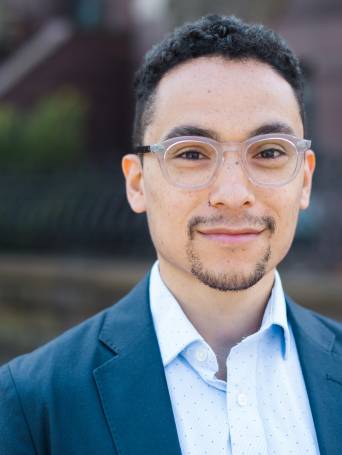
Reed Jordan is an urban planner, educator, and facilitator with extensive experience in community development, housing policy, and interdisciplinary efforts to advance racial equity. He currently serves as the Director of Community Scholarships at NYC Kids RISE, scaling a citywide system that empowers communities to build wealth and supports the college and career futures of children. His previous roles include serving as a Program Officer at the Wells Fargo Foundation, where he managed a grant portfolio focused on innovative solutions and systems change to address housing affordability. He has also worked as a Senior Policy Advisor at the NYC Department of Housing Preservation and Development, overseeing policy analysis for Where We Live NYC—the City of New York's fair housing planning process aimed at combating residential segregation, housing discrimination, and barriers to opportunity. Earlier in his career, Reed conducted policy research and analysis at the Urban Institute. He received his Masters in City Planning at M.I.T.